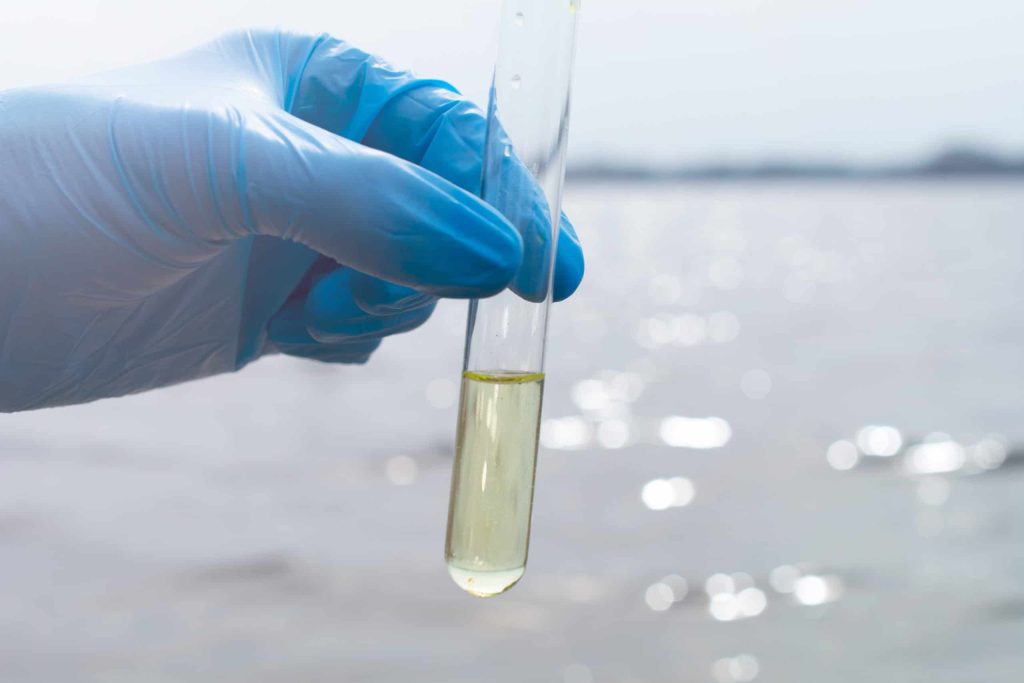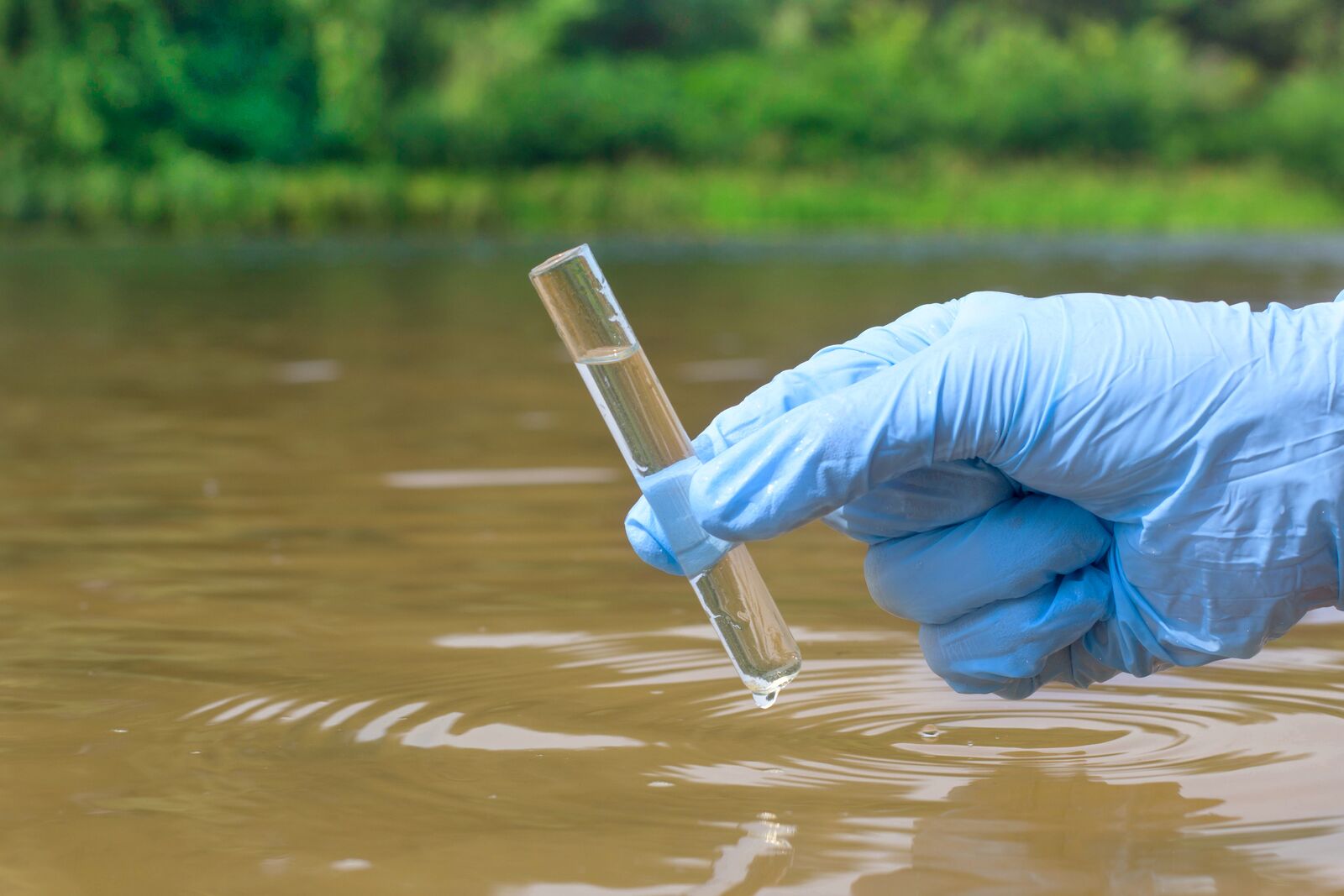The Nigerian government has called on development partners to assist in scaling up the production and distribution of hydrogen sulphide (H₂S) vials used for testing water quality nationwide.
This appeal was made during the quarterly meeting of the National Core Group on Water Quality held in Abuja.
Mrs. Elizabeth Ugoh, Director of Water Quality Control and Sanitation at the Federal Ministry of Water Resources and Sanitation, explained that H₂S vials, which are essential for detecting bacterial contamination—especially from faecal matter—had already shown promising outcomes in pilot projects conducted in UNICEF-supported states.
Ugoh stated that while a comprehensive national needs assessment had been planned to support broader implementation, progress was being hampered by insufficient funding.
“We were advised to intensify awareness and demand creation, but many states cited a lack of funding as a major constraint. In January, we could only produce enough kits for four or five states,” she noted.
Despite having the technical capacity to produce the kits in ministry laboratories, Ugoh stressed that expanding operations nationwide would not be feasible without external financial support.
She also raised concerns about the over-reliance on UNICEF-supplied vials for community-level water monitoring, questioning the sustainability of this approach if the government moves forward with national distribution.
Ugoh, therefore, called for strategic partnerships and highlighted the potential of the Ministry’s Public-Private Partnership (PPP) unit to mobilise the necessary resources.

Speaking at the same event, Dr. Bolu Onabolu of the Network of Female Professionals in WASH linked poor sewage management to increased nitrate concentrations in water.
She suggested that the technical guidelines of the National Water Resources Institute be revised to incorporate improved containment systems, particularly in areas with high water tables.
Dr. Onabolu also emphasised the need for closer collaboration with the National Task Group on Sanitation, stronger enforcement by environmental health officers and town planners, and broader public education on the dangers of poor faecal waste disposal.
“Many households make cost-based decisions without realising the groundwater contamination risks. We need a coordinated communication strategy to drive behaviour change,” she said.
Meanwhile, Mr. Ibe Chinedu of the FCT Water Board urged that private water producers be included in future stakeholder engagements.
He highlighted the issue of low pH levels in some bottled water brands, attributing it to reverse osmosis treatment, and called for clear guidelines on remineralisation.
Chinedu also flagged other threats to water quality, including illegal pipeline connections, poor consumer practices, and seasonal variations.
Presenting data from a recent national water quality survey, Mr. Babalola Emmanuel, Chief Scientific Officer at the ministry, revealed widespread contamination in several states.
He reported excessive levels of harmful substances, including fluoride, ammonia, cyanide, cadmium, lead, arsenic, mercury, and nitrate, with nitrate present in 156 sites across 17 states.
He added that a validation process involving representative sampling would follow, leading to a technical report ahead of broader stakeholder consultation.
In a separate interview, Mr. Obinna Ogbodo, Sanitation and Hygiene Coordinator at WaterAid, emphasised that ensuring access to safe drinking water is critical to both public health and sustainable development.
He warned that climate change is already worsening water contamination and reducing availability in many parts of the country.
Ogbodo noted that WaterAid is working alongside government agencies and local partners to strengthen water safety planning, promote hygiene behaviour change, and develop climate-resilient WASH (Water, Sanitation, and Hygiene) infrastructure.
He also reaffirmed the organisation’s commitment to supporting national policy dialogue and building local capacity to ensure inclusive access to water and sanitation, especially for marginalised populations.


 Trending
Trending 